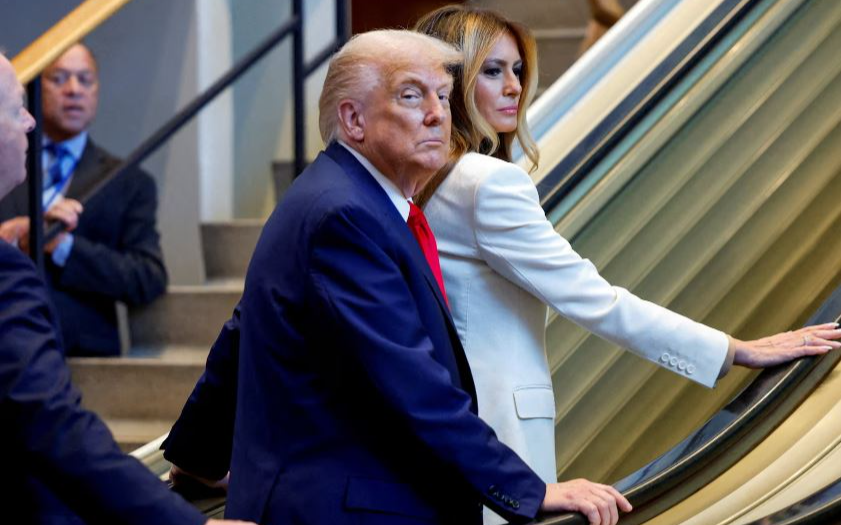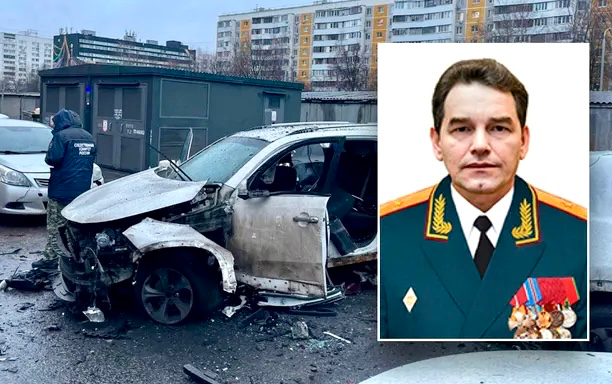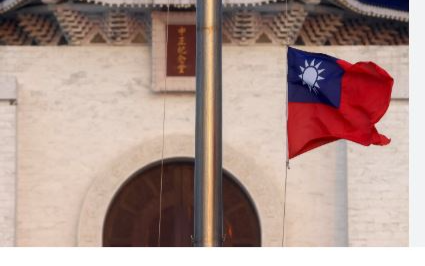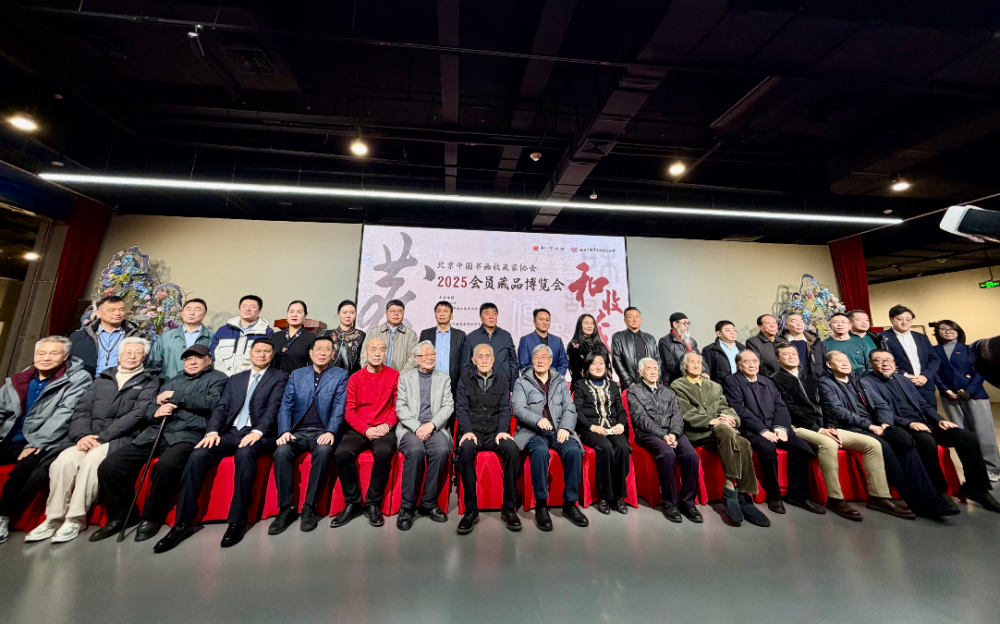川普抨击联合国——9月25日的观察与感想

川普抨击联合国——9月25日的观察与感想
2025 年 9 月 25 日,星期四。今日的世界新闻仍被川普在联合国大会的演说所佔据。
川普直指联合国「只会空谈」,未能在移民潮、国际冲突与和平斡旋
在演说开始前,会场还发生了插曲:电扶梯突然停止,提词机也一度
然而,值得注意的是,儘管言辞激烈,他也并非全盘否定联合国。他
思索与反省
川普的演说显然会激起不同层面的反应。在国内,支持者会拍手叫好
对我而言,这场演说更像是一面镜子,映照出国际秩序正处於摇摆不
如果各国真的如川普所言,各自筑墙、封锁边境,未来的世界或许会
Trump’s Attack On The United Nations — Reflections On September 25
Thursday, September 25, 2025. Today’s headlines are still dominated by Donald Trump’s speech at the United Nations General Assembly. It was no ordinary diplomatic address, but rather a jarring political performance—sharp in tone, unapologetic in anger.
Trump accused the UN of being “nothing but talk,” ineffective in tackling worldwide migration crises, international conflicts, and peace negotiations. He complained that American-led efforts had received little support from the organization, portraying it as a grand stage devoid of real action. With characteristic bluntness, he dismissed climate change as “the greatest con job in history,” undermining years of international effort on environmental and energy cooperation. On migration, he urged nations to “close their borders and expel illegal immigrants,” warning that open-door policies would destroy national cultures and sovereignty.
Even before the speech began, mishaps set the tone: an escalator suddenly stopped with Trump and his wife on it, and the teleprompter failed to function properly during his presentation. Trump seized on these glitches as symbolic of UN “chaos and dysfunction,” mocking the institution in front of the world. Though UN officials later clarified that the escalator was stopped by a safety mechanism and the teleprompter was controlled by the U.S. delegation, Trump’s theatrics made sure the details played in his favor.
Yet, it is worth noting that his speech was not an outright call to dismantle the United Nations. When addressing the dangers of nuclear and biological weapons proliferation, he admitted that a UN capable of real action could still play a crucial role. His rhetoric suggested not so much destruction, but rather pressure—demanding that the UN prove its value through decisive deeds.
Reflections
Trump’s words are bound to resonate differently across the diverse global audiences. At home, his supporters will cheer the tough stance, framing it as resistance against globalist pressures. Abroad, however, many diplomats and governments are likely to feel insulted, viewing his language as an affront to multilateralism.
To me, this speech felt like a mirror held up to the world. On one side there are pressing global crises—climate, refugees and war that positively require cross-border collaboration. On the other side nationalism and unilateralism are surging, making “cooperation” an increasingly fragile notion.
If nations follow Trump’s call to build walls and shut borders, the world may feel more secure in the short-term, but will grow more divided and isolated. Without trust and coordination, how will humanity face the next pandemic, the next war, or the next shared threat? That is the question that lingers in my mind tonight—the deeper growing unease beneath the headlines.































